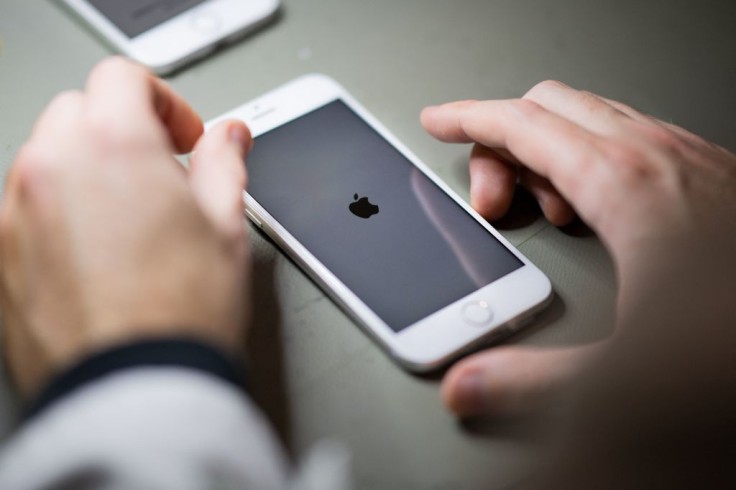Apple is now allowing customers to use old "genuine Apple parts" for its self-repair program for iPhones.
The iPhone and iPad maker announced on Thursday that it is expanding its repair options in an effort in "reducing the impact we have on the planet, and a key part of that means designing products that last."

Among the used parts included in the new self-repair policy would be Face ID and Touch ID biometric sensors and hardware for calibration.
Apple previously only allowed new parts to fix iPhones, making all components from older models totally obsolete and contributing to the growing electronics pollution.
Apple Expands iPhone Anti-Theft Features Ahead of New Self-Repair Policies
To deter thieves from stealing iPhones for their parts, Apple will also extend its Activation Lock feature to its hardware to block stolen components and parts from being reactivated.
The new feature extension will remove the need for a repair process, and customers, and service providers to no longer require a device's serial number to order replacement parts.
As of writing, the repair options are limited to select iPhone devices but Apple promised to include more models soon.
The new self-repair policies will roll out this Fall, possibly at the same time as the release of the iPhone 16.
Apple Under Regulatory Scrutiny for Alleged Electronics Monopoly
Apple's announcement to expand its repair program policies came in time as the US and the European Union tightened their regulations on the tech giant over its supposed monopoly with the "Apple Ecosystem."
The US Department of Justice, last March, filed an antitrust lawsuit against Apple for allegedly blocking other "super" apps, such as third-party digital wallets and cloud services, from its devices and software.
The DOJ touts that Apple's excuse of prioritizing security and privacy for its users was merely a pretext to "justify its anti-competitive behavior."
This means Apple has the power to raise its prices and limit its services with impunity knowing that its core customers will not leave as most features are locked behind its "ecosystem."
DOJ Assistant Attorney General Jonathan Kanter asserted such a decision has only made the Apple ecosystem "less private and less secure."









